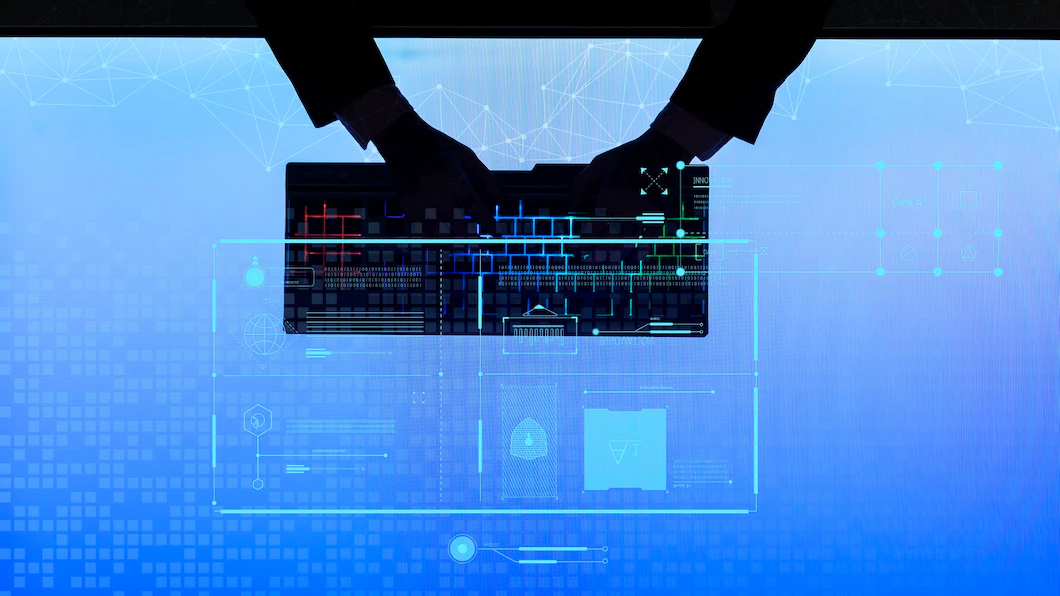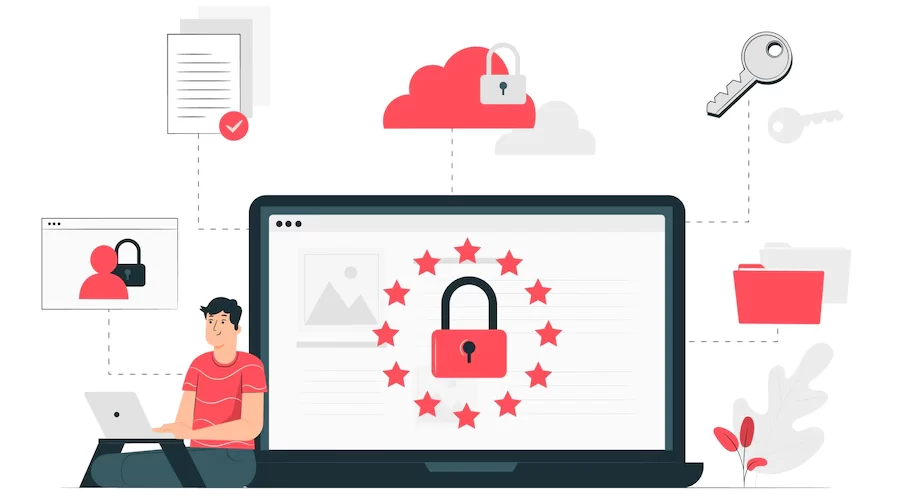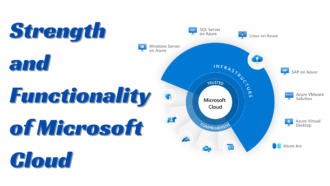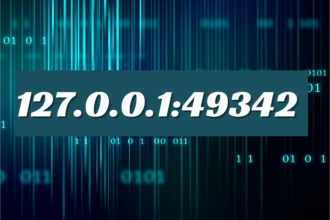How Does Cisco Anyconnect MFA Can Help To Secure Company’s Data?
- 1 What is an MFA application, and what is its importance for businesses?
- 2 Steps to connect Cisco Anyconnect MFA
- 2.1 Find the most suitable MFA application for your organization
- 2.2 Create a domain account using the organization’s name
- 2.3 Connect the Cisco Anyconnect with the organization domain account
- 2.4 Add the extra layers of security to the Cisco Anyconnect
- 3 Conclusion
As organizations increasingly rely on cloud platforms and virtual network providers to facilitate seamless connectivity, the risk of cyber threats from third-party attackers looms large. In response to this growing challenge, businesses are turning to Multi-Factor Authentication (MFA) applications as a robust solution to fortify their digital defences.
This article delves into the significance of MFA applications in safeguarding businesses against cyber threats in the context of remote work. From exploring the evolving dynamics of remote work environments to detailing the implementation steps for integrating MFA with VPN providers like Cisco AnyConnect, this comprehensive guide equips businesses with the knowledge and tools necessary to bolster their cybersecurity posture.
What is an MFA application, and what is its importance for businesses?
Remote and hybrid work is becoming more widespread in many businesses. Several people have discovered that working from home on occasion enhances their productivity and pushes them to accomplish and achieve more compared to when they constantly work in an office.
As a result, businesses have begun to upload and keep sensitive data on cloud platforms while also connecting with partners and consumers using online platforms alongside virtual network providers, Cisco Anyconnect, to ensure they are connected to a secure network.
This shift has made it easier for employees to get what they need from any location. However, it has raised the likelihood of third-party cyber attacks.
To solve this problem, businesses started to install multi-factor authentication applications as they realized that adding additional security measures was the best way to secure their accounts.
How Cisco Anyconnect MFA can help secure data
Many employees use VPN applications to ensure that their internet connection is safe and that their business operations are secured. So, by adding Cisco Anyconnect multi-factor authentication to their VPN accounts, they add additional layers of security.
To further illustrate, to access a VPN account, a user needs to input a username and password, and they can have the ability to connect and disconnect a device from the VPN provider. As having a username and password is not enough to secure accounts, connecting an MFA application to a Cisco Anyconnect account will request additional information when others try to sign into an account.
So, when MFA is connected, and a person inserts a username and password to access an account, an authentication request will be sent to the MFA provider, and additional information will be requested in order to verify one’s identity. After their identity is verified, they will have access to the VPN account and connect or disconnect it whenever they want.
Steps to connect Cisco Anyconnect MFA
To secure your Cisco Anyconnect VPN application with a multi-factor authentication provider, these are the steps one needs to follow to ensure a successful setup process.
Find the most suitable MFA application for your organization
First and foremost, a lot of time and effort needs to be dedicated by an organization’s managers to finding the most suitable and user-friendly MFA application for their company culture.
Numerous MFA applications are offered in the market, making deciding which is the best a hard step. Try narrowing down to the ones that you think work best with your employees, then test those out for a couple of days alongside getting feedback from your employees on each application’s complexity level.
Create a domain account using the organization’s name
Now that you are certain which MFA application is the most suitable for your company, download the latest version of the application and create a domain account using the company name.
The domain account is the most valuable account when it comes to MFA applications. That is because the domain account controls which accounts can have access to files, applications, data, etc.
So, ensure that the domain account’s login information is in the hands of a trusted person from the organization.
Connect the Cisco Anyconnect with the organization domain account
After creating the domain account, it is time to set up the MFA application with the Cisco Anyconnect VPN provider.
Using the domain account, insert the username ID of the Cisco Anyconnect and follow the instructions to ensure you are doing it correctly.
Add the extra layers of security to the Cisco Anyconnect
There are many methods of adding extra layers of security using an MFA application. Some of the most used ones are fingerprint scans, push notifications sent to another device, or a one-time code sent to a mobile number or email address.
So, choose the one you prefer, and you will have successfully secured your VPN provider with extra layers of security.
Conclusion
To sum up, usernames and passwords are no longer enough to safeguard online platforms, enterprise data, and virtual network (VPN) providers. Connecting a multi-factor authentication (MFA) application to communication platforms, cloud storage, and even VPN apps is one of the best ways to add additional security and decrease the chances of losing company data.


















